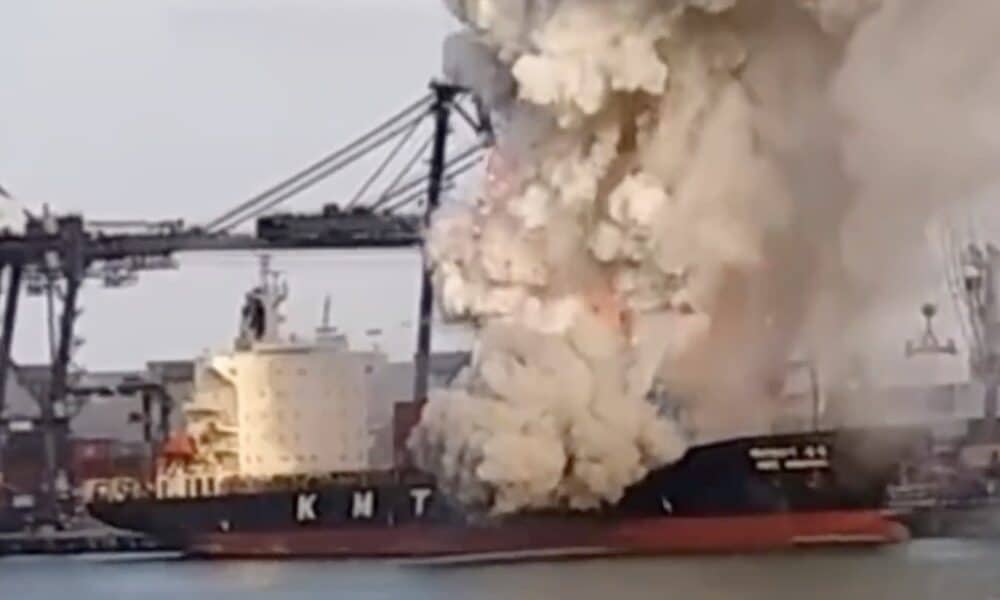More than one in 10 shipments flagged for deficiencies in new cargo safety report
Alarming Rise in Cargo Shipment Deficiencies

New data reveals a troubling trend in shipping safety, with over 11% of cargo shipments found to have deficiencies, according to a report released by the World Shipping Council (WSC). This figure represents a slight increase from the previous year’s statistics provided by the International Maritime Organization (IMO). The report highlights the risks associated with misdeclared goods, improper documentation, and inadequate packing, which can lead to serious maritime incidents, including fires and accidents at sea.
Concern Over Rising Cargo Deficiencies
The WSC’s 2024 report indicates that 11.39% of inspected cargo shipments were identified as deficient, up from the IMO’s final 2023 figure of 11%. Among the most concerning issues are misdeclared and undeclared dangerous goods, incorrect documentation, and improper packing. These deficiencies pose significant risks not only to the safety of the crews and vessels but also to the environment.
“Cargo safety starts with correct declaration and safe packing of goods,” stated Joe Kramek, president and CEO of the WSC. He emphasized that the persistent rate of deficiencies signals ongoing gaps in cargo safety practices. The report draws upon port state inspection data, a series that began in 2011. Under international law, port states are empowered to inspect containers to ensure compliance with safety regulations and standards. However, the current lack of reporting from a limited number of states hinders the overall assessment and improvement of shipping safety.
The WSC urges more governments to contribute their inspection data to enhance cargo safety measures. In response to these findings, the organization is also developing an industry cargo safety program aimed at improving screening and inspections of shipments. This initiative is expected to launch shortly, reflecting a proactive approach in addressing the rising safety concerns in maritime shipping.
Misdeclared Cargo: A Hidden Danger
Misdeclared cargoes represent a significant threat to the maritime industry. In pursuit of lower freight costs, shippers often falsify container weights and cargo contents or fail to adhere to proper packing protocols. This trend persists despite the IMO’s mandate for verified gross mass, established in 2016. The consequences have been dire, leading to numerous catastrophic incidents involving containerships, including notable cases such as the MSC Flaminia and the Maersk Honam, where misdeclarations have been linked to fires, explosions, and structural failures.
Port State Control CIC 2023 on fire safety ready for your attention
According to Lloyd’s Register, misdeclaration is currently the third-largest cause of accidents involving containerships. The placement of heavy undeclared boxes can severely compromise a vessel’s stability, resulting in excessive rolling and stack stress. Furthermore, improperly declared chemical cargoes pose the risk of thermal runaway and potential explosions, scenarios for which crews are inadequately trained and equipped to manage.
As the WSC submits its findings to the IMO’s sub-committee on carriage of cargoes and containers, the urgency for enhanced safety measures in the shipping industry has never been more apparent. The ongoing trend of cargo deficiencies underscores the need for immediate action and collaboration among global maritime stakeholders to ensure the safety and integrity of shipping operations.
